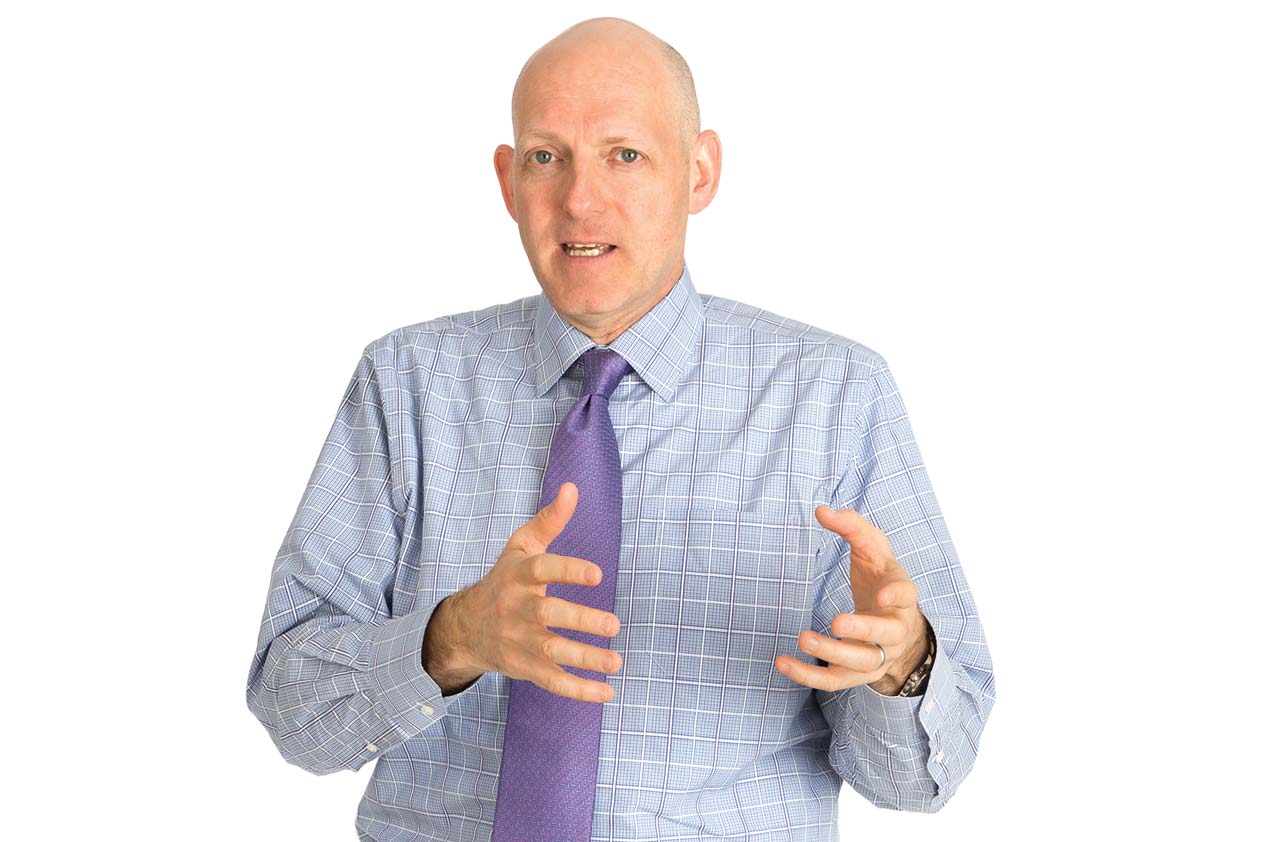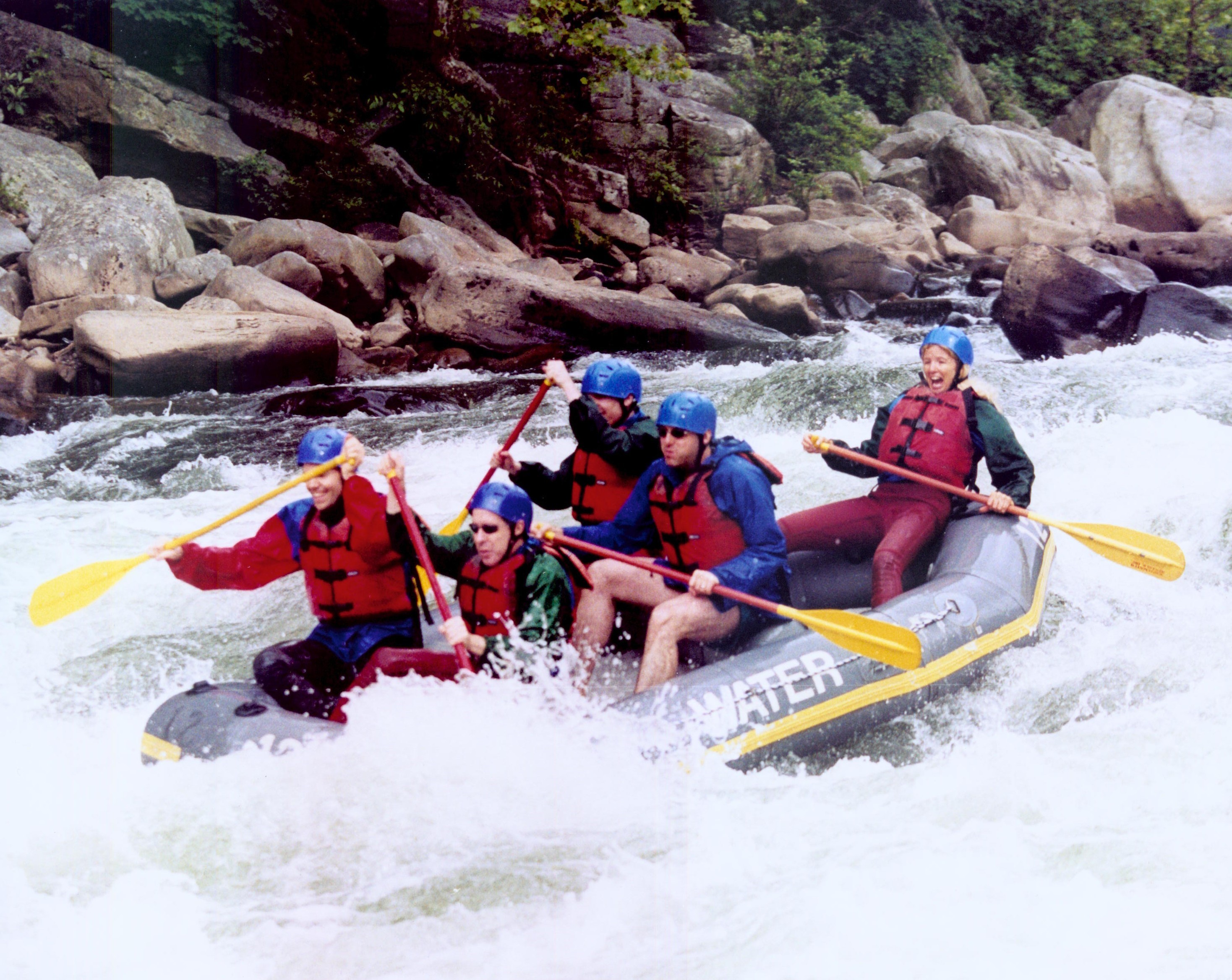From the President: Fall 2018

Maurice Schweitzer President, IACM
Dear IACM,
We are going to Dublin! There are many exciting things happening at IACM, and I will share some of those things in this letter– but if you skip ahead to our new column “Ask the Negotiation Professor” (this edition: “Is Trump a Good Negotiator?”), the key take-away from my letter is “Dublin 2019!”
I want to share a few thoughts about IACM in general, and then share some updates. First, my take on IACM. It is difficult for me to imagine the trajectory of my career without IACM. My first academic job was at the U. of Miami, and I had no conflict management colleagues. Attending IACM gave me the opportunity to hear from and exchange ideas with leading scholars. I had a formative lunch with Keith Murnighan who guided my thinking about trust and how to run negotiation experiments. I also had lunch with Roy Lewicki, who shaped my thinking about trust recovery and gave me feedback on one of my papers. And I still recall an early talk I attended by Bruce Barry about emotional deception. It was a new idea that I still find captivating. It is easy to see how heavily influenced my work still is by these experiences and these scholars—among other IACM leading lights from Peter Carnevale to Peter Kim. IACM is where I first learned about hostage negotiations, the dual concern model, task conflict, and Frans de Waal’s primate studies. The inclusive format of IACM—sharing meals and social experiences together—makes IACM a conference that has helped me build  relationships and forge collaborations. As an example, I’ve included an old photo (that Adam Galinsky negotiated for!) from IACM-Pittsburgh. In this raft are (left to right) Don Moore, Don Gibson, Adam Galinsky, me, and Cathy Tinsley. I feel lucky to count all of them as both colleagues and friends. I am deeply grateful for what IACM has done for me, and I hope to build on IACM’s strengths as we go forward.
relationships and forge collaborations. As an example, I’ve included an old photo (that Adam Galinsky negotiated for!) from IACM-Pittsburgh. In this raft are (left to right) Don Moore, Don Gibson, Adam Galinsky, me, and Cathy Tinsley. I feel lucky to count all of them as both colleagues and friends. I am deeply grateful for what IACM has done for me, and I hope to build on IACM’s strengths as we go forward.
OK, here are a few IACM Updates:
Dublin-2019, July 7-10: Exchange ideas with our colleagues in the Hotel Riu Plaza, and continue the discussion in an Irish Pub or the Trinity College Dublin. If you had to pick one place to travel this summer—pick Dublin this July! A big thank you to Brian Gunia leading us as the program chair, and to Brooke Gazdag, Jennifer Parlamis, and Andrea Schneider who are coordinating local arrangements. We have three key goals for this conference—to create a space for the exchange of ideas, to create opportunities to build relationships, and to create opportunities for professional development.
Communications: Look for our “Ask the Experts” column as part of our expanded Signal and social media presence. I am deeply in debt to Jen Parlamis for leading our communications efforts and to Lindy Greer for collaborating with Jen on generating innovative ideas. And of course, a huge thank you to Brandon Charpied, our Executive Director for supporting this—and every other initiative we’re undertaking. We are working to boost our visibility and convey ideas that matter to you.
NCMR: Under the leadership of Michael Gross, NCMR broke the 1.0 Impact Factor! With a solid pipeline and a strong set of submissions, NCMR—our home journal launched by IACM—has never been in better shape. Michael’s tenure as editor is coming to a close, so stay tuned for updates about our next editor. In Signal, we will share summaries about NCMR articles.
Survey: Thank you for completing the survey! We received nearly 200 responses, and my guess is that if you have made it this far in my letter, you are almost certainly one of those 200. Most of the feedback we received was positive, and the critical feedback was very constructive. And I would characterize all of the critical feedback we received as fair. Here are a few of the themes that emerged along with some of my thoughts: (1) We can do a better job creating opportunities to build relationships, especially for people who are new to IACM. We are taking this to heart and plan to structure sessions and social events in Dublin to address this directly. (2) We can create opportunities for young scholars to learn from senior scholars about research and the publication process. We plan to do this both at the IACM conference with special sessions and in Signal (look for our “Ask the Editors” column). (3) We can make events (like IACM dinners) and publications (like Signal) more interesting. We are planning to add some interesting twists to our dinners, add panels at IACM, and you can see our “Ask the Experts” column in Signal! (4) The IACM conference is expensive. This critique is fair, but difficult to solve. Here’s why. First, unlike other conferences, we structure IACM to include meals and offsite activities. I believe that this is a key strength of IACM. By eating and socializing together, we can carry conversations about presentations right to lunch or dinner and create opportunities to meet new people, build relationships, and develop a sense of community. (As a junior scholar, I always found that process of deciding where to eat, when to eat, and with whom to eat a particularly stressful part of the conference process.) At the same time, it is incumbent upon IACM leaders to make sure that the meals are good, interesting (e.g., when we have speakers), and reasonably priced. Thanks to our executive director, Brandon Charpied, we have been soliciting many competing bids and choosing locations with far greater care to make sure that we keep our costs in check. I think that including meals is part of the DNA that makes IACM special, but I am sensitive to concerns about our costs.
Finally, I want to thank all of you who shared your feedback with us. All of us on the board care deeply about making IACM welcoming, responsive, and rewarding. So please, keep sharing your thoughts, submit your work to IACM and NCMR, propose interesting symposia, come to Dublin, and get involved! I look forward to hearing from you and seeing you in July!
Best,
Maurice